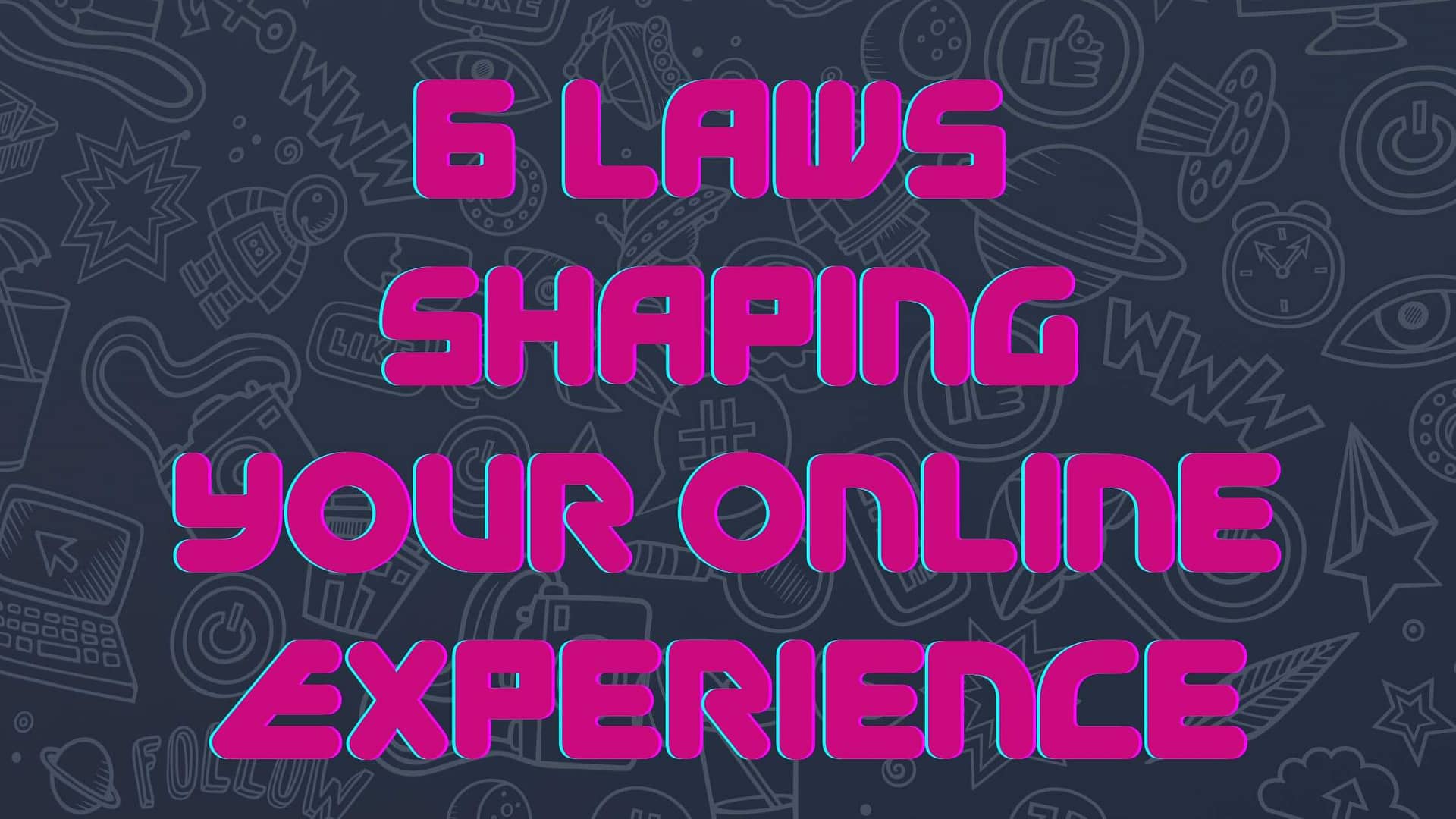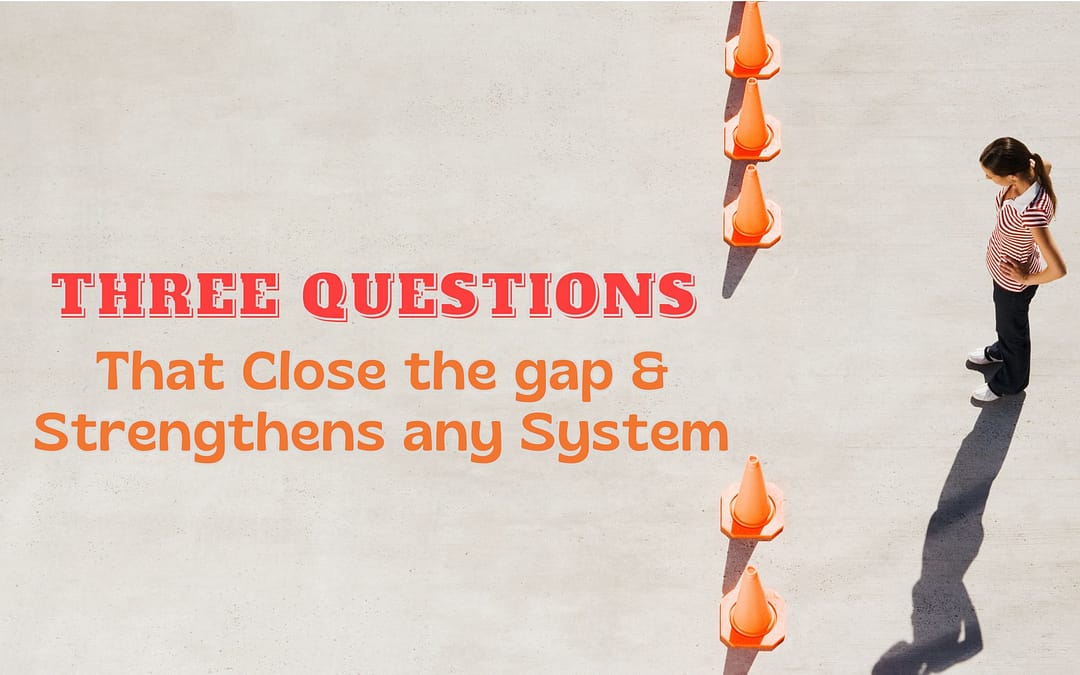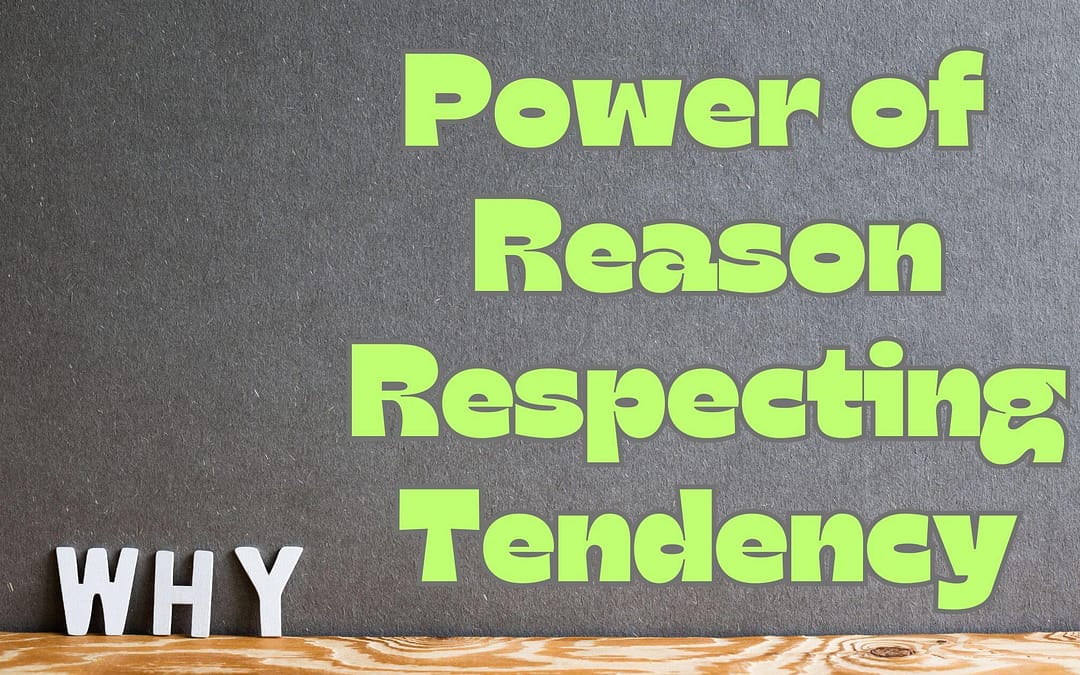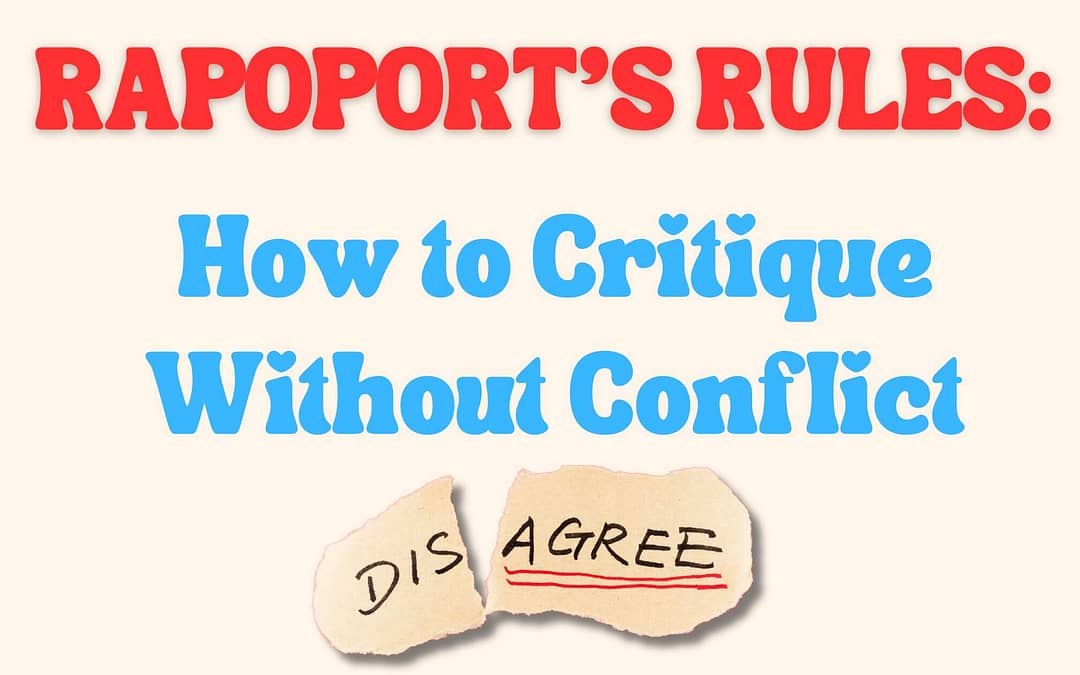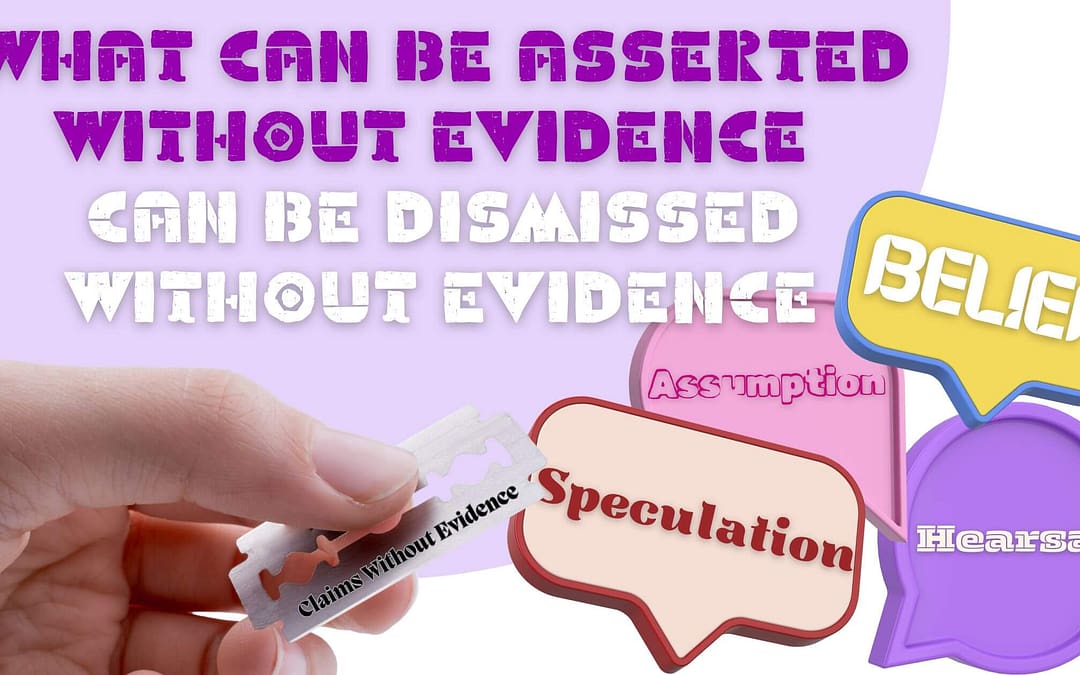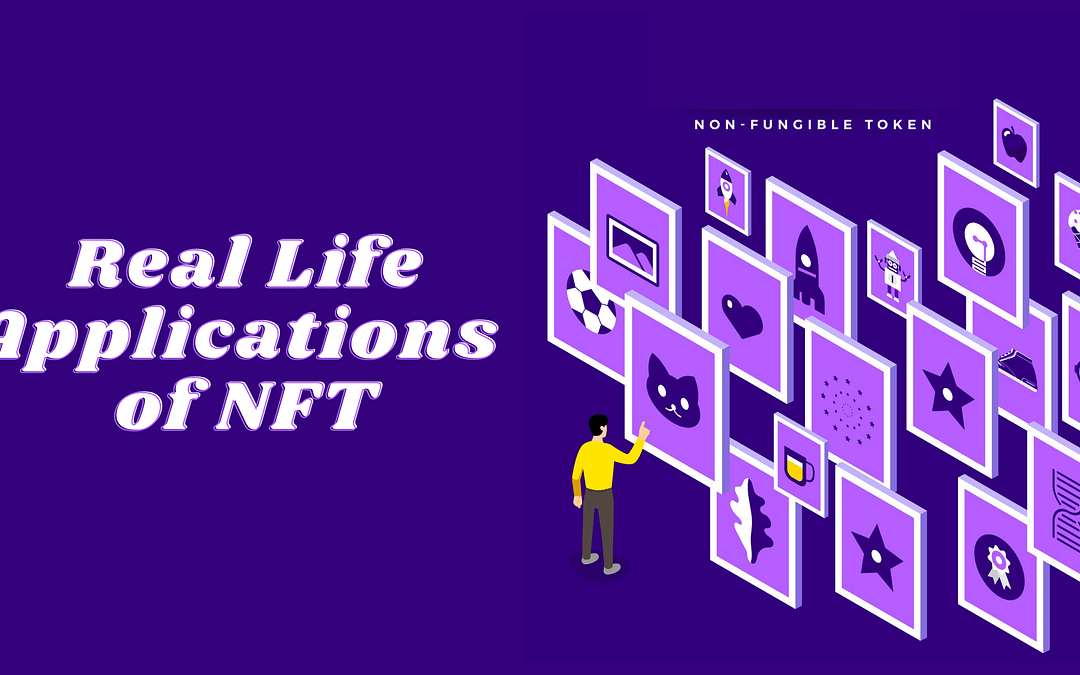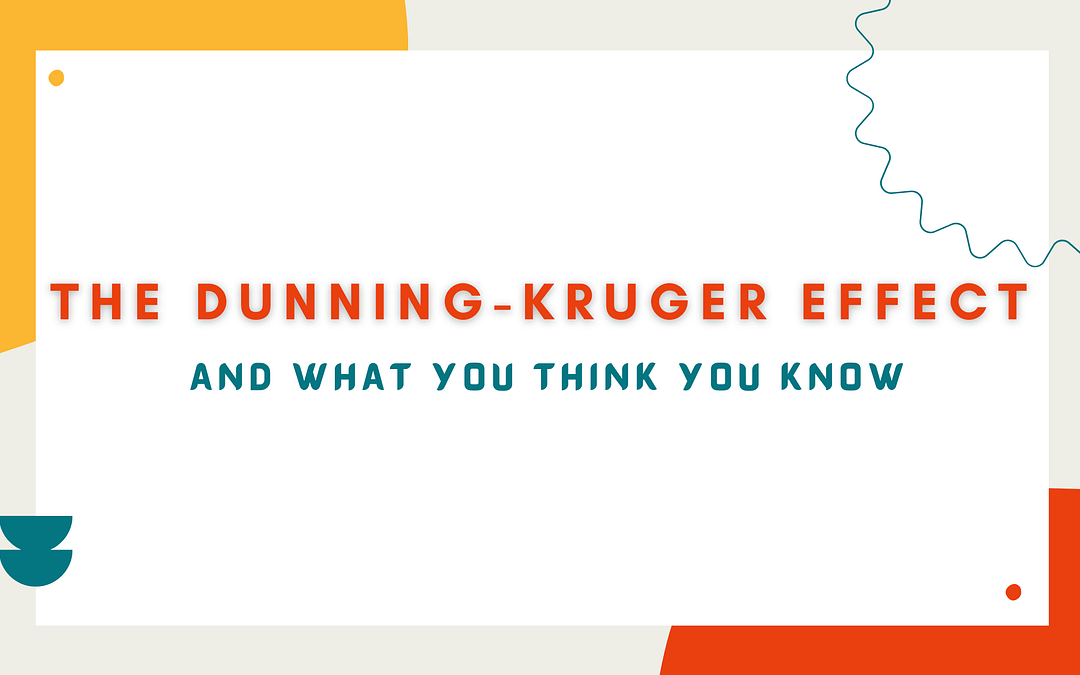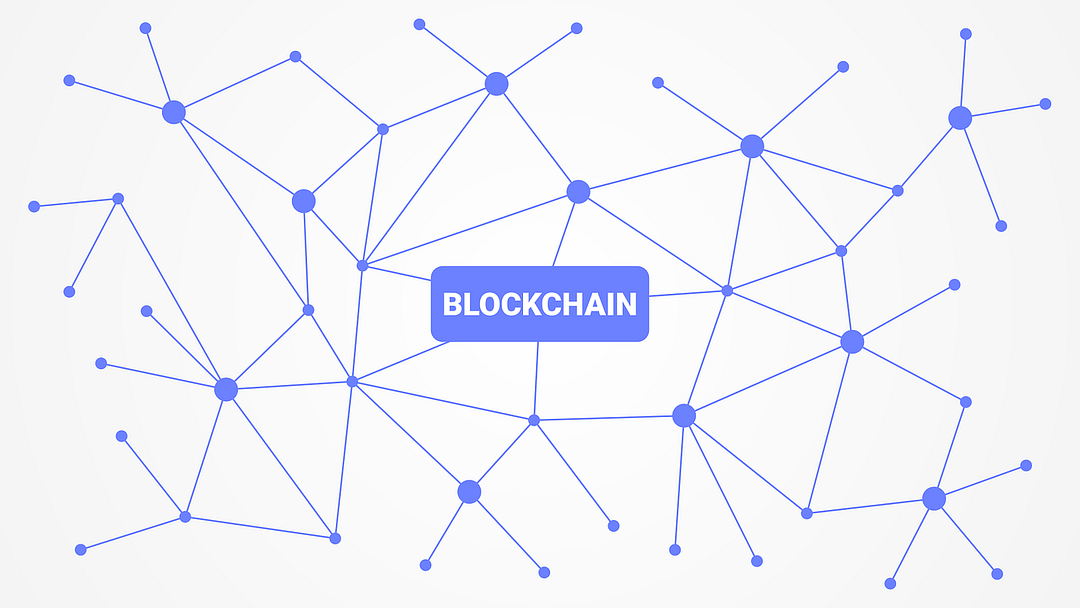At first glance, the internet seems like an uncontrolled and chaotic place. No matter where you go online, the internet follows a series of laws that can predict the behavior of users and their outcomes. To help guide you through this strange digital world, here are six laws of the internet you should know about.
Godwin’s law
Anyone who has been on the internet long enough to see an argument knows this law, even if they don’t know its name. Godwin’s law states that the longer an argument on the internet continues, the higher the probability someone will compare the other to Hitler or the nefarious deeds of the Nazis. Godwin coined the law not only for its uncanny ability to predict the outcome of an online argument but also as an effort to counter these offhand comparisons that take away from the seriousness of their atrocities.
The frequent usage of Nazi comparisons had the effect of redefining what it means to be a Nazi as simply bigoted or controlling, instead of one of the most genocidal and murderous movements in history.
Filter bubble
The filter bubble was coined by internet activist Eli Pariser upon highlighting the barrier internet algorithms create for creating informed opinions that consider all perspectives. Algorithms exist across the internet and are geared towards showing you content it thinks you will be most likely to interact with. As the internet algorithm catches on to your preferences, it filters out countering opinions and effectively creates a bubble surrounding your online experience.
This makes it increasingly difficult for everyday people to create informed views on a topic because all they see are the views they are predisposed to agree with. These bubbles do more to further polarize us and create the false impression of a consensus of the view you agree with. There is no way to escape filter bubbles, and the only thing you can do is take the personal initiative to seek opposing views.
Botnet
If you’ve been paying attention to the news lately, you might have heard of “bots” implanting false information in online communities, compromising the security of personal data, or giving hackers virtual anonymity for conducting their cyber attacks. They work through infecting unsuspecting computers or smartphones and use them to carry out any malicious or illegal activities remotely.
Although botnets are technically an internet law, it is a certainty that you or someone you know has either been exposed to or impacted by bots. In other words, it’s almost impossible to verify whether or not the entity you are interacting with online is a real person or just part of a larger collection of “zombie computers.”
Spamming
If you use the internet, have a cell phone, or any other means of contact with the outside world, you know what spam is. Spamming is the practice of sending unsolicited messages for advertisements, scams, or harassment. Spamming has become a natural law of the internet and there is no way to avoid it, but there are things you can do to help reduce the amount of spam you receive.
Spammers can get your personal contact information in a few ways. They can purchase them from shady data brokers, find them through publicly available mediums like social media and professional accounts, or trick you into submitting your information. The best thing to do when you begin receiving spam is to immediately block the spammer, report them, and under no circumstance should you engage with them.
Content farms
A content farm is a website that abuses search algorithms for the sake of profit and maximum exposure on the internet. They hire cheap freelance writers or plagiarize content across the web, usually relying on low-quality work and ill-researched reports on a subject. You can think of content farms like information polluters, dirtying the web with lower quality content, and harming honest publishers and hard-working researchers in the process.
Google is fully aware of content farms and how they abuse their algorithms. They’ve been working tirelessly to find solutions like prioritizing original content and finding new ways to rank the trustworthiness of a website.
Micropayments
What are micropayments? Many people say they may be the future of interacting with online content, bypassing advertisements and the need to collect people’s personal information. There are many potential uses for micropayments, but in the context of the internet, they are typically meant for accessing premium content online, rewarding websites, and content creators for the quality they produce.
Some speculate that web browsers will incorporate the micropayment structure in the future, charging users small fees for access to a website and its content, only sending them the bill once they accumulated a large enough amount. This can make the internet a much safer and more private place as it removes the need to track viewers, use their personal information, and put their data at risk for malicious hackers and spammers.

